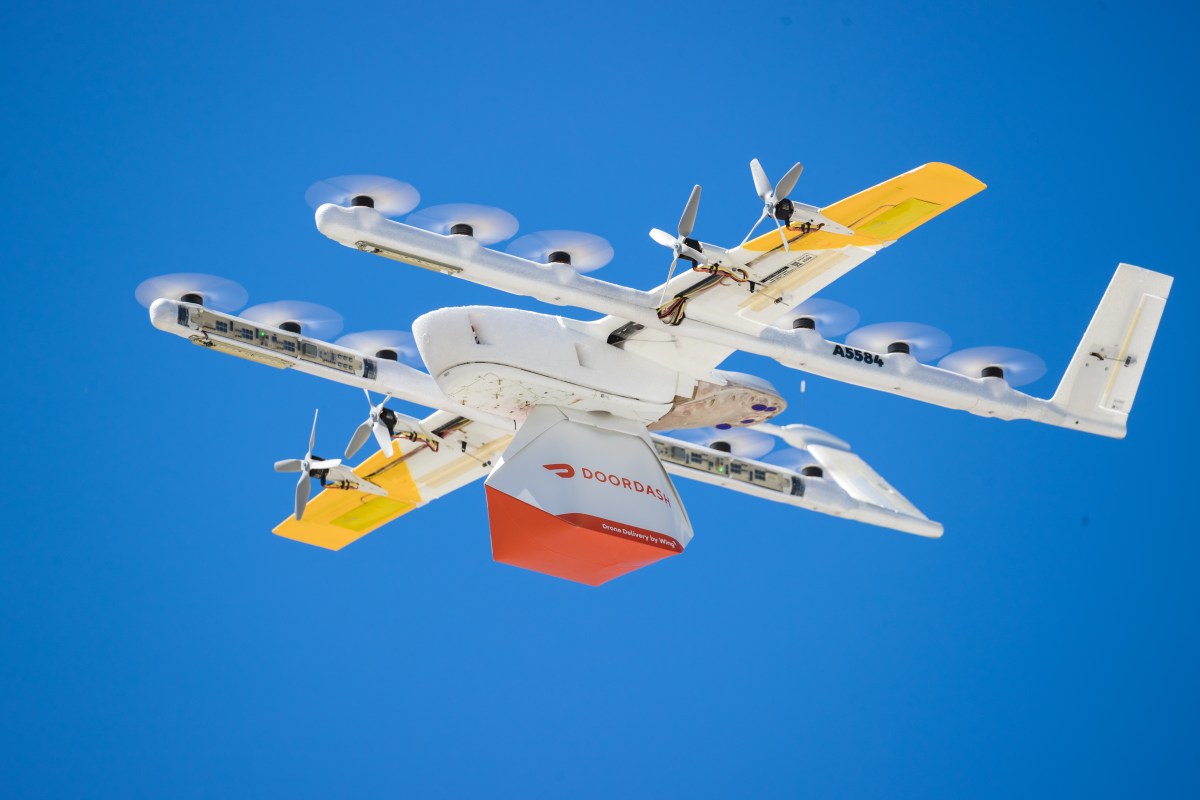Stellantis is tapping the brakes on the all-electric Ram 1500 REV truck and will push its launch into 2026, the company said Wednesday, citing slowing industry demand for half-ton battery electric pickups. The automaker had originally planned to begin selling the electric truck to customers in the first half of 2025.
The automaker will instead focus on its Ram 1500 Ramcharger, an extended range truck that gets an estimated 690 miles of range through a novel — but not unheard of — approach of combining a battery with a gas generator.
The swap illustrates a broader trend among legacy automakers grappling with slower-than-expected demand for all-electric vehicles, particularly those with a higher price tag. Automakers including Ford and GM have also pulled back investment and slowed the pace of ambitious EV production plans.
Stellantis said the decision to launch Ramcharger first was driven by “overwhelming consumer interest.” Ramcharger will be open for consumer orders in the first half of 2025 followed by the Ram 1500 REV launch in 2026.
The Ram Ramcharger doesn’t operate like a hybrid truck. It comes with a 92-kilowatt battery that has an estimated 145 miles of range. That’s combined with a 3.6-liter V6 engine on-board 130 kW gas generator.
The V6 engine generates mechanical power and sends it to the generator, which is mounted directly to the engine. The generator converts this to electrical power, which can be used to charge the 92 kW battery or be applied to the two electric drive modules. The electric drive modules, or EDMs in automotive jargon, combine the motor, gearbox, and inverter as well as the all-wheel drive capability, and are located on the front and rear axles.
The result, or at least what Ram engineers are aiming for, is a truck that can travel from zero to 60 miles per hour in 4.4 seconds, and that generates 663 horsepower and 615 pound-feet of torque.
Stellantis said its Sterling Heights Assembly Plant in Michigan will continue to be the primary home for Ram 1500 production, including electrified and internal combustion engine versions.
Kirsten Korosec is a reporter and editor who has covered the future of transportation from EVs and autonomous vehicles to urban air mobility and in-car tech for more than a decade. She is currently the transportation editor at TechCrunch and co-host of TechCrunch’s Equity podcast. She is also co-founder and co-host of the podcast, “The Autonocast.” She previously wrote for Fortune, The Verge, Bloomberg, MIT Technology Review and CBS Interactive.
Subscribe for the industry’s biggest tech news




















 English (US) ·
English (US) ·